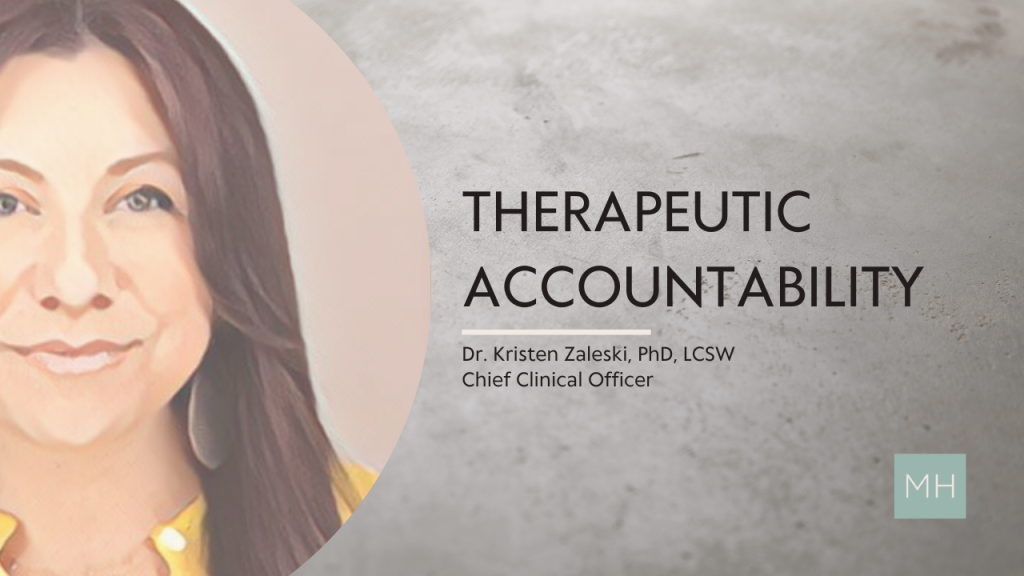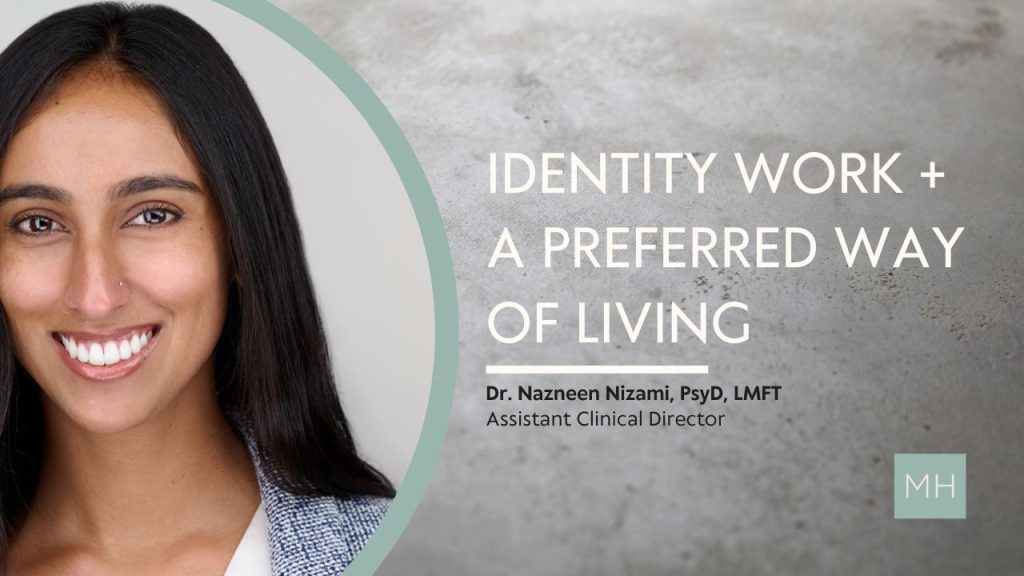SHOULD I TRUST MY PSYCHIATRIST?
FILMED INTERVIEW | DR. DAVID SAFANI, MD, MBA, FAPA , MEDICAL DIRECTOR
WHY WOULD SOMEONE NOT TRUST PSYCHIATRIC MEDICATION SUPPORT?
A lot of people who have taken medications have had traumatic history with them. So either, right, they had side effects that were traumatic, right? They really didn’t like them. But even some that had those side effects and were told, oh, just stick with it. Just keep going. Just keep trying. And while oftentimes we, do wanna do that, we want them to, stick through it to see if they go away. You know, there are stories where they’re talking about side effects and they just took it for months on end feeling this way, and that becomes traumatic. It gets to a point where they feel like, if I start this, it’s almost like I have to stay on it forever.
WHAT ARE THE BENEFITS OF TRYING PSYCHIATRIC MEDICATIONS WHILE IN RESIDENTIAL TREATMENT?
So one of the benefits of, you know, being more available to my patients, I’ve found, is that I let them know, hey, you just let me know, right? We could try it for a day or two. If you have a bad side effect, we don’t take it, right. And, sometimes they’ll test that. They’ll ask me and I’ll say, okay, done. We’re done with that one. Not say, we might not go back if they want to at some point. Like, I’ve had them even come back themselves and say, you know, I think maybe we didn’t give that one a fair enough shot.
AS A PSYCHIATRIST, HOW DO YOU BUILD TRUST WITH CLIENTS?
You know, I think the first step is just again that trust that you’re gonna listen to me, you’re going to believe me. You’re not going to make me take something I don’t want to take. Sometimes it’s also reminding them that medicines can sometimes work differently depending on the situation you’re in. So they might say, as a child, I took this medicine and it wasn’t helpful, or whatever it may be. And we can talk about how things are so different now. Their biology is different as an adult compared to a child. Sometimes the other meds are taken in combination maybe as well. And sometimes just the disorder itself that we’re speaking to is different. So the medicine may work differently now than it did back then. And then lastly, also reminding them that they’re, as much as I’ve had had people say, I’ve been through all the medications, we go down the list there’s clearly ones that they have not been on. Having that discussion helps them recognize it. But more than anything, it’s really just that relationship of saying, I trust you, right? You want the best for me. You won’t, you’re not gonna make me suffer and you’re gonna trust me if I tell you this isn’t the right thing for me.
DO YOU HAVE A QUESTION?
Send our team a message or call 888.717.9355

